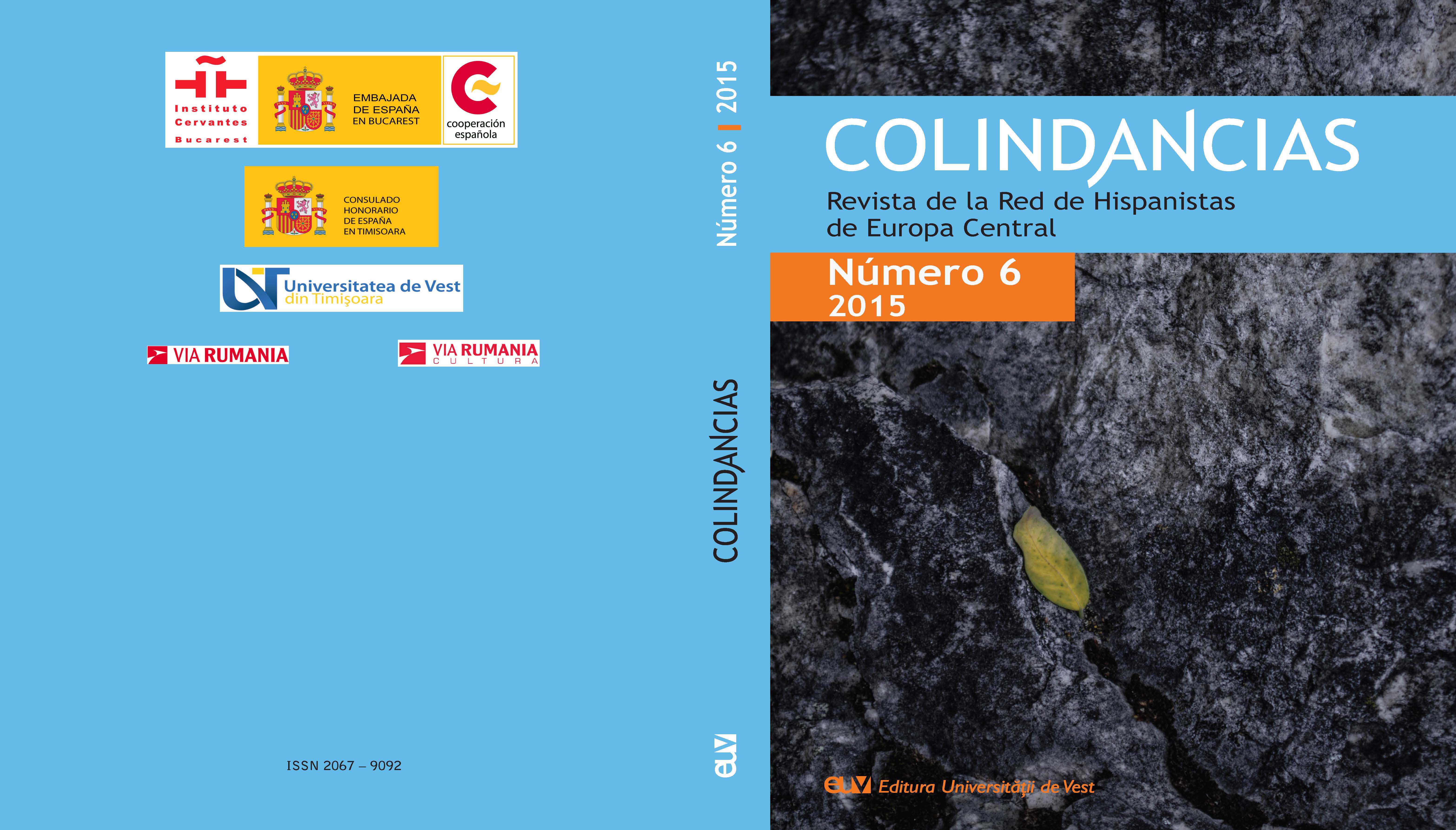Author(s): Mihaela Adriana Oprescu / Language(s): English
Issue: 16/2015
It is evident that all forms of trade, either traditional or recently-emerged, between partners from different countries, are based on the fundamental principles of the purchase and sale contract, whose thorough knowledge greatly eases the comprehension of all other types of contracts in the economic field. Contract law exhibits, however, notable differences among member states of the European Union, thus raising obstacles before traders wishing to conduct cross-border activities on the internal market. Due to legal discrepancies in contractual matters, companies face the need to adapt to 28 different legislations, with linguistic barriers also forcing actors on the market to resort to the services of an attorney who is knowledgeable of the national legislation applicable to the contract envisaged. Under these circumstances, it is obvious that the need of traders to adapt to different national legislations in contractual matters which may apply during cross-border transactions increases the cost and complexity of cross-border trade in relation to internal trade, both with regard to business-to-business transactions between companies (especially SMEs, in which case access costs to foreign markets can be extremely high compared to total revenues), and in the case of transactions between companies and consumers – business-to-consumer. In this context, on 11th October 2011, the European Commission made public the Proposal for a Regulation of the European Parliament and of the Council on a Common European Sales Law {SEC(2011) 1165 final}, presented to the European Parliament, which acted upon it according to the ordinary legislative procedure – first reading, through the Resolution of 26th February 2014. The Commission’s initiative raises a series of questions in perspective. If the current proposal deals with business-to-business and business-to-consumer sale contracts which refer exclusively to mobile assets, what guarantee is there that the interference in the internal legal order will not extend to other types of transactions (for instance, real estate)? Can we speak of competition between national civil law and the parallel European law, and if so, is it beneficial? Then, it is not excluded that the optional instrument be neglected in practice, not only because the contracting parties are unaware of its existence, but also because they prefer to opt for internal, traditional and well-known legal regulations. Beyond these questions, whose answer will take a few years to take shape, the advantages of the Regulation proposal are undeniable. Firstly, the Common European Sales Law, available in all the official languages of the European Union, provides a clear set of norms which society could integrate into all distance cross-border contracts.
More...




